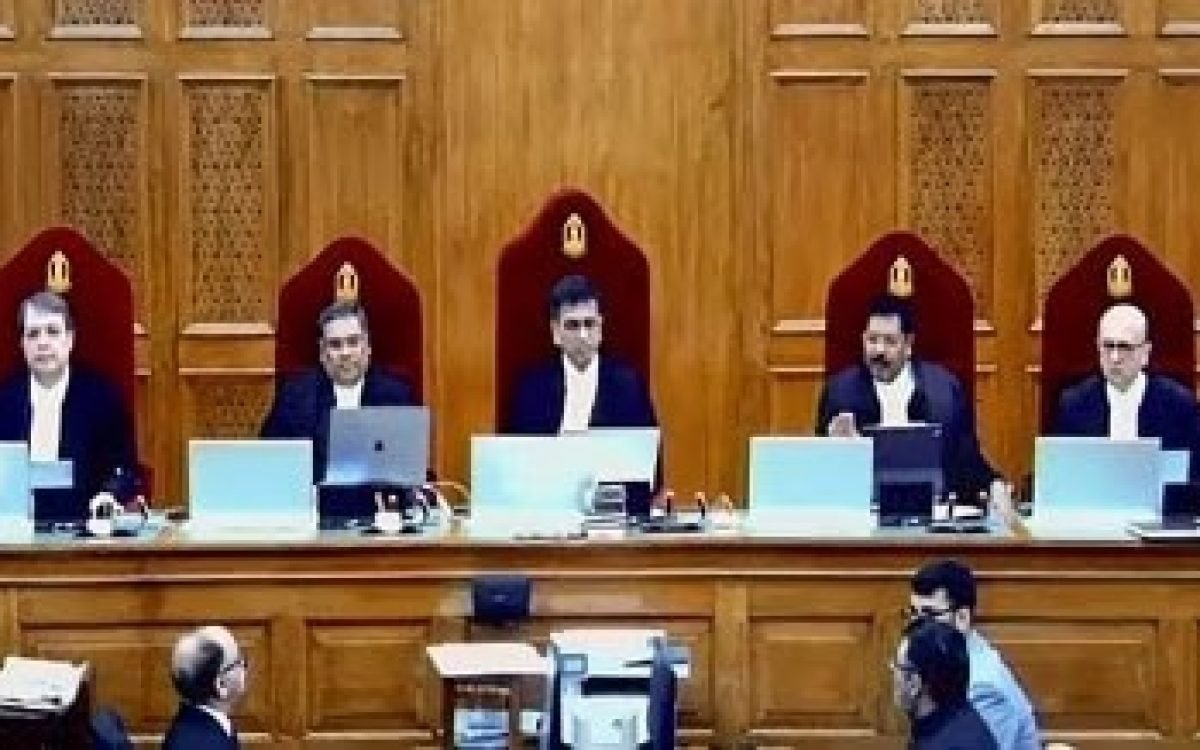The recent directive by the Supreme Court of India regarding the disclosure of unique alphanumeric codes on electoral bonds has sparked a contentious debate, with industry bodies expressing grave concerns about its potential impact on India Inc’s interests. Assocham, Ficci, and CII, three prominent industry bodies, have moved to oppose the limited directions issued by the court, citing significant implications for confidentiality agreements and industry interests.
The Electoral Bonds Scheme, introduced in 2018, aimed to reform political funding by allowing individuals and corporations to donate to political parties anonymously through bonds purchased from designated banks. However, the lack of transparency surrounding the identity of donors has been a subject of scrutiny and debate.
The Supreme Court’s directive to disclose the alphanumeric codes on electoral bonds to the Election Commission of India represents a push towards greater transparency in political funding. Proponents argue that such disclosure is essential for ensuring accountability and preventing the influence of undisclosed corporate donations on political parties.
On the other hand, industry bodies like Assocham warn that retroactively mandating disclosure of alphanumeric codes could have severe repercussions for confidentiality agreements and industry interests. They argue that such a move undermines the rule of law and presents significant challenges for businesses operating within the framework of existing regulations.
At the heart of this debate lies the tension between transparency and privacy, accountability, and confidentiality. While transparency in political funding is crucial for upholding democratic principles and preventing undue influence, it must be balanced against the legitimate concerns of businesses regarding confidentiality and legal compliance.
As India navigates this delicate balance, it is essential to consider the broader implications of electoral finance reform. Any decision taken must uphold democratic values while also safeguarding the interests of all stakeholders, including India Inc. Finding a middle ground that promotes transparency without unduly burdening businesses will be crucial for fostering trust in the political process and ensuring a level playing field for all.
In conclusion, the Electoral Bonds Conundrum underscores the complexities inherent in political finance reform. As stakeholders engage in dialogue and debate, it is imperative to seek solutions that reconcile the competing interests of transparency and industry concerns, thereby strengthening India’s democratic fabric.









